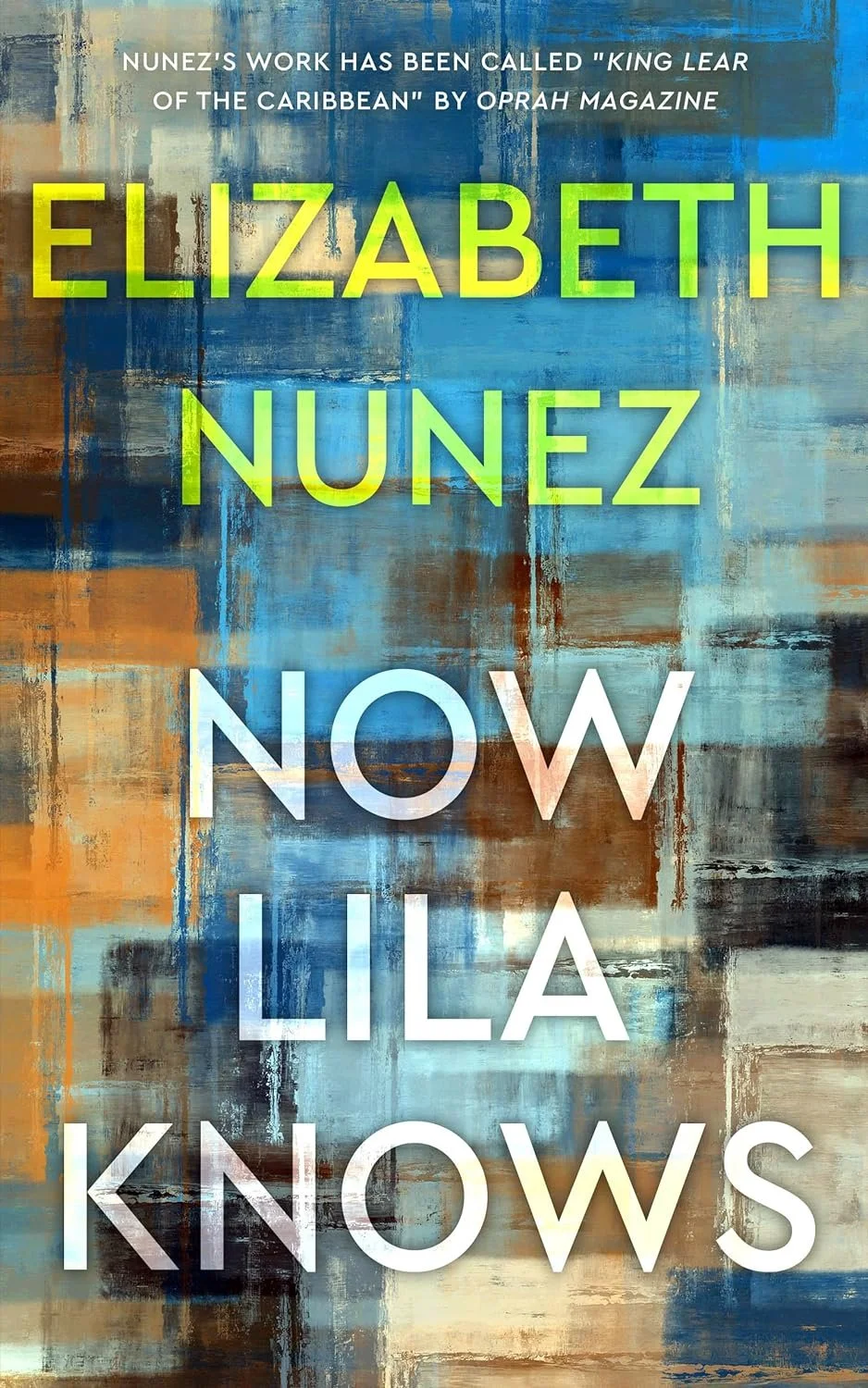Spotlight: Now Lila Knows by Elizabeth Nunez
/Black & African American Women's Fiction
Date Published: June 7, 2022
Publisher: Akashic
There is nothing like American racial injustice to teach an outsider the difference between perception and reality.
For Caribbean professor Lila Bonnard, the opportunity to take a position as a visiting professor in the US has come at precisely the right time. Still nursing the wounds of one failed relationship and facing the uncertainty of her current boyfriend’s marriage proposal, spending a year at a small liberal arts college in a picturesque Vermont town offers her sanity a well-deserved rest.
Within moments of her arrival, Lila is forced to face anti-immigrant mentalities and becomes a witness to the fatal police shooting of an unarmed Black man—a fellow professor at Mayfield who was giving CPR to a white woman.
The three Black faculty members in the otherwise all-white, tight-lipped college expect Lila to testify in the case, but at what cost? Mistrust of outsiders, racial tensions, even outright condemnation of others who don’t know their “place”… all of it comes crashing down around her as she confronts the dangers of speaking out against the police.
Now Lila Knows is a gripping story that explores our obligation to act when confronted with hatred and prejudice. A page-turner with universal resonance, this novel will leave readers rethinking the meaning of love, empathy, and even humanity.
Excerpt
The students were not wrong: a professor was in trouble. Lila did not know him, could not know him; she had just arrived at Mayfield. But she was certain the man astride a woman lying on the side- walk was indeed a professor when she heard a female voice shout out to the police: “Don’t hurt him! It’s Dr. Brown, he teaches at the college.”
The remarkable thing was that the man was Black and the woman who lay beneath him was white. Perhaps the difference in their skin color would not have been as remarkable if she had seen such a man and such a woman in such a dangerously suggestive position on the sidewalk of the main street in her hometown. She would have been alarmed, of course. What would have alarmed her would not have been their color but the state of the woman, her face bloodless, almost as pale and gray as the sun-bleached concrete she lay on. But Lila was not in the Caribbean where most of the men and women were dark-skinned, and where people of mixed ethnic- ities were not uncommon. From the moment the taxi driver had turned out of the airport, however, she had not seen a single person of color, not brown, not Black, not Asian. Nothing changed as they entered the town of Mayfield. Like the taxi driver, the people there were all the same—all of them white, the students too who had
18 v Elizabeth Nunez
rushed past her and again away from her. So what she noticed first, and what was remarkable to her, was that the man, the professor, was Black. And what startled her even more was that the woman trying to come to his aid, the woman begging the police not to hurt him, was Black too.
Two police cars had joined the three others that had screeched down the street behind the flashing lights of the ambulance. Sirens still blasting, the police officers jumped out of their cars, their hands clasped to the guns on their hips, and began pushing back the few students and townspeople who, in spite of the orders from the police, were still hovering nearby.
“Move out! Move out!” the officers shouted. Every- one backed away, some so quickly they stumbled upon each other.
“Don’t hurt him!” the Black woman yelled again. “I know him, I tell you. I can vouch for him.”
Lila was petrified; she could not move. From where she was, hunkered down on her knees, she could see three policemen, their guns drawn, sprinting toward the area where the man was still astride the woman on the sidewalk.
The policeman holding the bullhorn raised it to his mouth. “Get off her!” he shouted to the man. “Get up! Now!”
“Stop!” the Black woman screamed again. “He’s helping her! Stop!”
“Stay back!” the officer yelled at her.
“It’s Ron. Dr. Brown. He teaches at the college,” the woman pleaded.
“Stay back, I’m warning you. Stay back!” the officer yelled again.
About the Author
Elizabeth Nunez immigrated to the US from Trinidad after high school. She is the author of eight novels and the co-editor of the anthology Blue Latitudes: Caribbean Women Writers at Home and Abroad. Nunez received her Ph.D. in English from New York University and is a Distinguished Professor at Hunter College where she teaches creative writing.
Nunez was co-founder of the National Black Writers Conference and executive producer for the 2004 Emmy-nominated CUNY TV series, Black Writers in America. Her awards include the 2013 National Council for Research on Women Outstanding Trailblazer Award, the 2013 Caribbean American Distinguished Writer Award, the 2012 Trinidad and Tobago Lifetime Literary Award, and more.
Nunez’s works have been nominated for numerous awards, including the PEN Oakland Josephine Miles Award, the 2012 NAACP Image Award for Outstanding Literary Fiction, an IMPAC Dublin International Award, the Trinidad and Tobago One Book, One Community selection, New York Times Book Review Editors’ Choice, Novel of the Year for Black Issues Book Review, an American Book Award, the Independent Publishers Book Award, and several others. Her titles have also received starred reviews from Publishers Weekly, Booklist, and Library Journal.
Connect:
Website: https://aalbc.com/authors/home.php?author_name=Elizabeth+Nunez
Facebook: http://elizabethnunez.com
Goodreads: https://www.goodreads.com/author/show/62867.Elizabeth_Nunez

















































